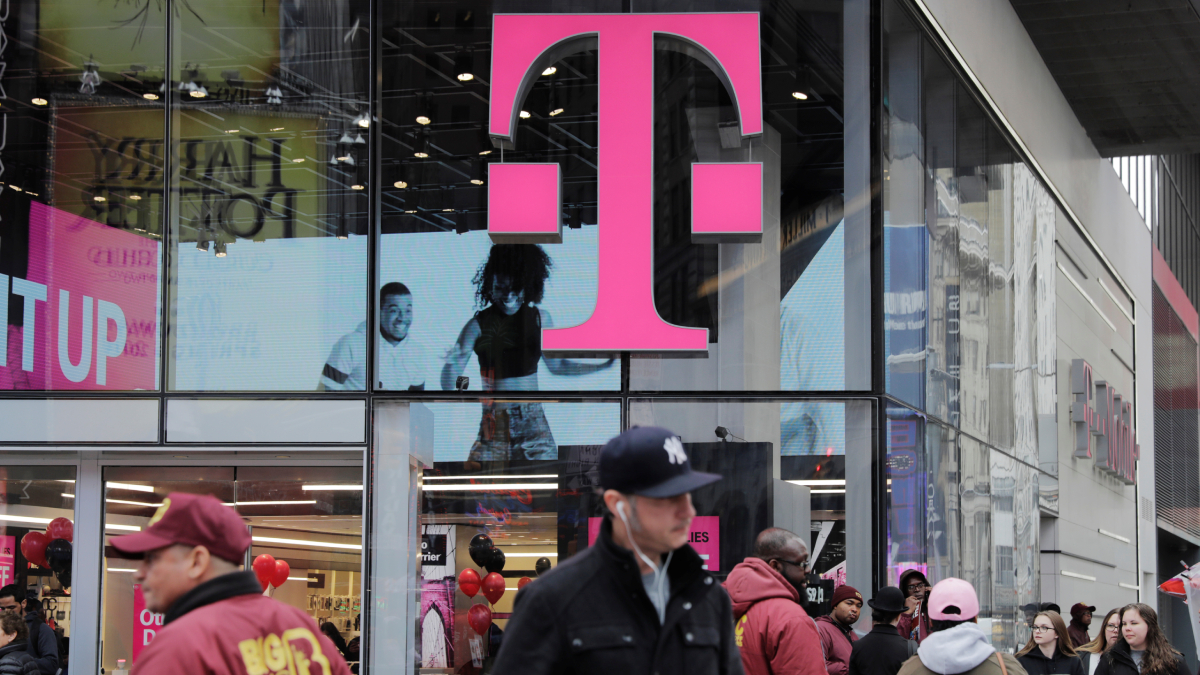FTC To Appeal Activision Blizzard Acquisition Decision

Table of Contents
The FTC's Initial Ruling and Reasoning
The FTC initially filed an antitrust lawsuit to block Microsoft's $69 billion acquisition of Activision Blizzard, arguing it would stifle competition and harm consumers. Their core argument centered on the potential for Microsoft to leverage its ownership of Activision Blizzard's popular franchises, particularly Call of Duty, to gain an unfair advantage in the market. The FTC painted a picture of a potential monopoly, claiming the acquisition would lead to reduced competition and higher prices for gamers.
The FTC's specific concerns included:
- Call of Duty Exclusivity: The FTC worried Microsoft might make Call of Duty exclusive to its Xbox ecosystem, harming competitors like Sony PlayStation and potentially driving consumers towards Xbox.
- Harm to Competitors: The acquisition, the FTC argued, would give Microsoft undue market dominance, harming smaller competitors and limiting innovation within the gaming industry.
- Impact on Game Subscription Services: Concerns were raised about the potential impact on the competitive landscape of game subscription services like Xbox Game Pass, arguing the acquisition would give Microsoft an unfair advantage.
Microsoft's Response and Counterarguments
Microsoft vehemently opposed the FTC's claims, arguing the acquisition would benefit consumers by increasing competition and expanding access to games. They countered the FTC's arguments with a robust defense, highlighting their commitment to maintaining Call of Duty's multi-platform availability and emphasizing the benefits of the merger for gamers.
Microsoft's defense strategy included:
- Maintaining Call of Duty Availability: Microsoft repeatedly pledged to continue releasing Call of Duty on PlayStation, signing a 10-year agreement with Sony to ensure its continued availability.
- Challenging Market Dominance Claims: Microsoft argued that its market share, even with the acquisition, wouldn't give it an unfair monopoly. They cited the competitive nature of the gaming market and the presence of strong competitors like Sony and Nintendo.
- Emphasis on Consumer Benefits: Microsoft emphasized the benefits to consumers, including expanded game libraries, more innovation, and potentially lower prices through subscription services like Xbox Game Pass.
The FTC's Appeal and its Legal Implications
Despite a federal judge's decision to allow the acquisition, the FTC is appealing the ruling, arguing the judge's decision misconstrued key aspects of antitrust law. The FTC's appeal initiates a protracted legal battle that will play out in a higher court, potentially delaying or even completely blocking the acquisition. This legal challenge will likely involve a complex examination of market definitions, competitive effects, and the interpretation of antitrust statutes. The timeline for the appeal process remains uncertain, potentially stretching over many months or even years.
Potential outcomes of the appeal include:
- Complete Block of the Acquisition: The appellate court could overturn the lower court's decision, resulting in a complete block of the merger.
- Further Negotiations and Concessions: Microsoft might be forced to negotiate further concessions or remedies to appease the FTC and secure approval.
- Setting Precedent: The outcome of this case will set a significant precedent for future mergers and acquisitions within the gaming industry and beyond, influencing how antitrust laws are applied in the tech sector.
Impact on the Gaming Industry
The FTC's appeal casts a long shadow over the gaming industry, creating uncertainty for developers, publishers, and investors. The ongoing legal battle raises concerns about future mergers and acquisitions, potentially chilling the market and discouraging further consolidation. The protracted legal process also adds to the already complex regulatory environment facing game developers and publishers.
The Future of the Activision Blizzard Acquisition Remains Uncertain
The FTC's appeal of the Activision Blizzard acquisition significantly alters the landscape. While Microsoft presented a strong defense and offered concessions, the FTC's persistence highlights the ongoing concerns about potential anti-competitive practices and market dominance. The arguments for the acquisition centered on consumer benefits and increased competition, while the arguments against focused on the potential for monopolies and harm to competitors. The outcome will have profound implications for the gaming industry, impacting game development, pricing, and the overall competitive landscape. The uncertainty surrounding this merger is a stark reminder of the complex interplay between business strategy, antitrust law, and the evolving digital market. Stay updated on further developments regarding the FTC's appeal of the Activision Blizzard acquisition and the ongoing legal battle. Share your thoughts and engage in the discussion – your voice matters!

Featured Posts
-
 Hegseth Under Fire Pentagon Chaos Claims And Signal Chat Controversy
Apr 22, 2025
Hegseth Under Fire Pentagon Chaos Claims And Signal Chat Controversy
Apr 22, 2025 -
 Three Years Of Data Breaches Cost T Mobile A 16 Million Fine
Apr 22, 2025
Three Years Of Data Breaches Cost T Mobile A 16 Million Fine
Apr 22, 2025 -
 Florida State University Security Gap Fuels Student Anxiety Despite Rapid Police Action
Apr 22, 2025
Florida State University Security Gap Fuels Student Anxiety Despite Rapid Police Action
Apr 22, 2025 -
 Mapping The Countrys Emerging Business Hubs
Apr 22, 2025
Mapping The Countrys Emerging Business Hubs
Apr 22, 2025 -
 The Future Of Robotics In Nike Sneaker Manufacturing
Apr 22, 2025
The Future Of Robotics In Nike Sneaker Manufacturing
Apr 22, 2025
